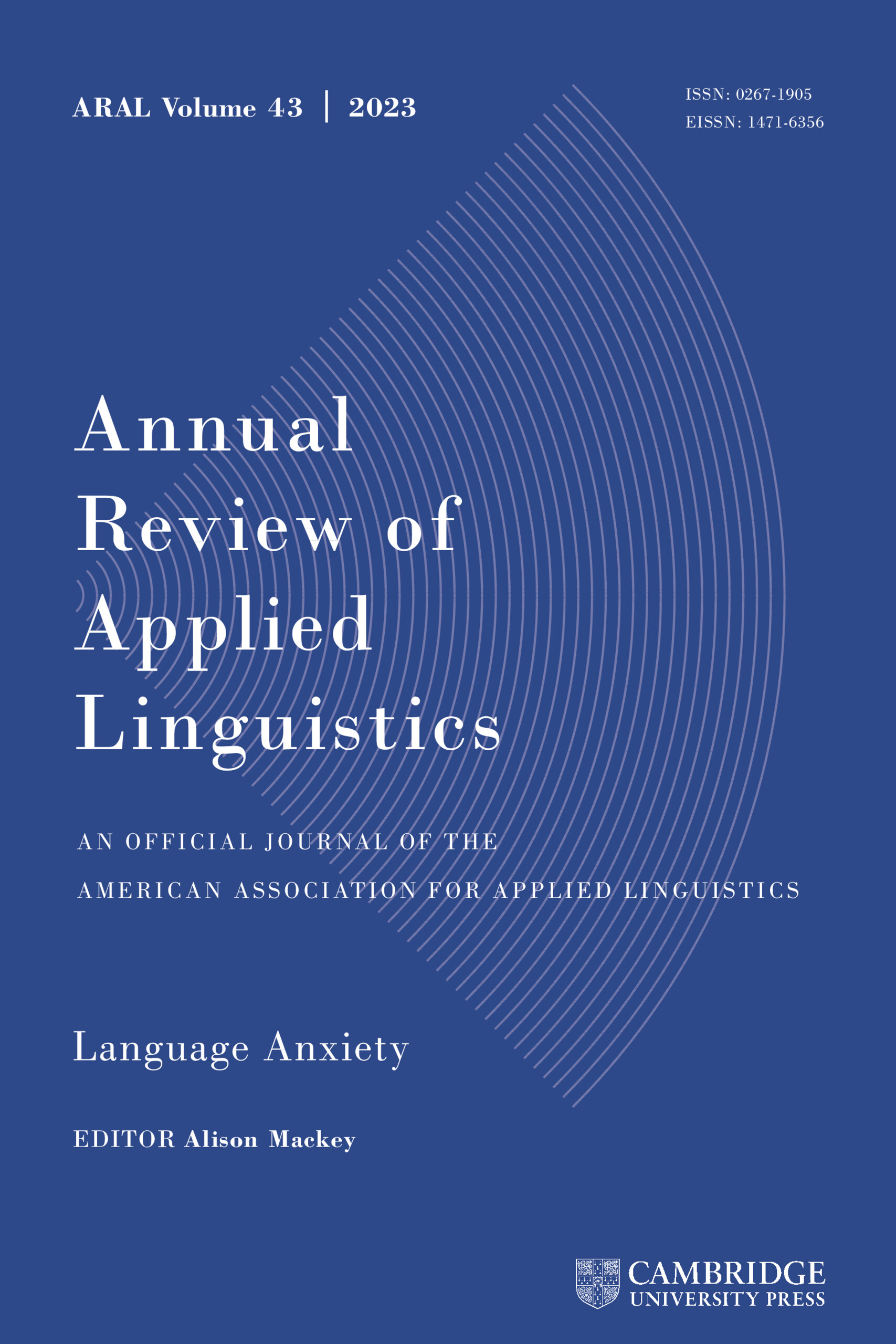The thing that really irks me about people who refuse to learn another language

Historically, Britons tend to hide at the back of the global language-learning classroom
Fancy learning High Valyrian? Not, apparently, a type of energy-giving herbal tea, but a language spoken in the fantasy TV series Game of Thrones – and just one variety offered on the learning app Duolingo.
Trekkies need not feel left out though – the next time I feel the need to rebuke the white van man who has cut me up at the lights, a few choice words of Klingon could suffice. Or possibly Welsh.
Historically, British people tend to hide at the back of the global language-learning classroom. The statistics would send Duolingo’s iconic green owl into a flap – in 2023, YouGov found 21 per cent of us could have a conversation in another language; throughout the rest of Europe that figure is 59 per cent. And monolingualism doesn’t cut it anymore either. According to the British Council, 75 per cent of the global population does not speak English.
Setting aside a couple of spicy phrases of Bengali when on deadline in the newsroom at the British Asian weekly Eastern Eye, so far my exploration of strange new linguistic worlds includes Serbian, Mandarin, Latin, German and Japanese.
Inevitably, perhaps, this voyage of discovery began with French, when my sister and my 12-year-old self had the opportunity to spend two weeks with a kind farming family who spoke little English in an isolated hamlet near the Loire.
At dinner one evening I was dying for the loo but didn’t know how to tell them. Eventually so desperate I whispered my needs in English to my sister to pass on, the family’s slipper-shod mother and I were soon doing the 50-yard dash through the shrubbery for their toilet in a wooden hut at the bottom of the garden. If incentives were ever needed to learn a foreign language, having to ask where the lavatory is must rank fairly high.
Naturally, the reasons can change as you grow older and learning either one-to-one or by using an app can both foster a sense of social connection and combat the dreaded cognitive decline.
Ever listening on the Tube as people from every nation work out how to continue a journey from Edgware Road – the question that normally sends heads and maps spinning – I fell into a conversation in German with a group of Austrians. Before you could say “lederhosen”, I was chatting about the quirks of life and even quirkier dress sense of those in neighbouring Bavaria, where as part of my degree I spent a year teaching English.
And learning a language can bring about other benefits – as my Portuguese wingman and friend João advised me and Ben, the other British guy who made up our three Institut Français “musketeers”, the best way to learn a language is on a pillow.
What irks me still is the humblebragging by English people of a certain class who boast about their lack of proficiency. “Schoolboy French” was once the description; it simply wasn’t the done thing, old bean, to be good at languages, and this same poisonous upper-class shamelessness was very much in evidence in the run-up to Brexit.
And the next generation don’t look like doing much better: uptake of languages degrees has halved in the past 15 years. Britain will need all the friends it can get in the years to come, and that doesn’t just mean treaties and politicians talking shop; but also normal people reaching out to each other, learning the unfamiliar rhythms of another culture and realising how much we have in common. That’s what learning another language can do.
There are now so many ways to sharpen up, there’s almost no excuse: cheaper travel, apps such as Duolingo, a greater exposure to foreign languages in pop songs and on streaming services – try switching on the subtitles in another language before watching your favourite film again. There is also the interdisciplinary value of learning about a culture, people, its language and history and geography.
I’ll admit, in adult life this can become less about Alsace-Lorraine’s history post-Treaty of Versailles and more about sampling its delightful Rieslings and gewürztraminers. Just remember, as one wine guru reminded me: “Call them Alsatians and I’ll bite your bloody leg off!”
French, German and, more recently, Japanese are closest to my heart, but whichever new language worlds you choose to seek out, may your study of them prosper. Indeed, shamed be the person who thinks badly of language learning, or as the Anglo-Normans might have had it: “honi soit qui mal y pense”. And above all, whichever language-learning trek you choose to embark upon, go boldly.
link







